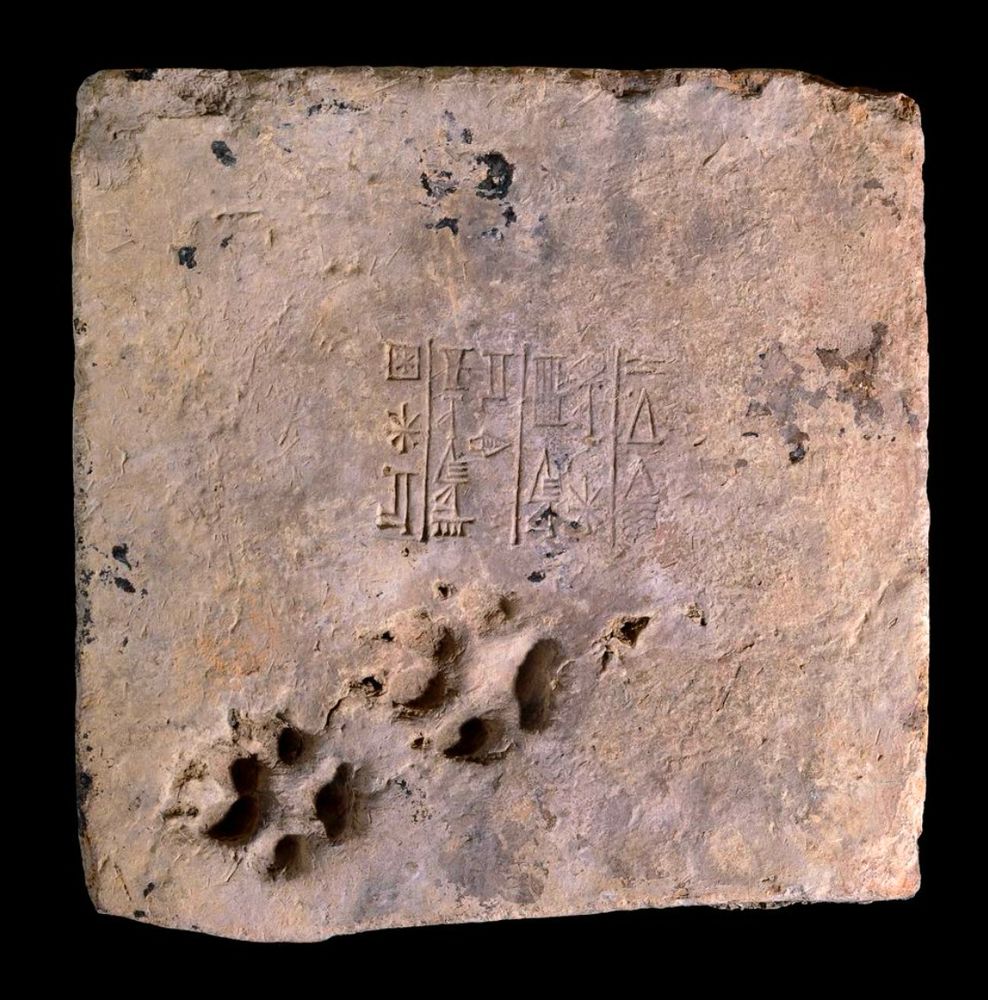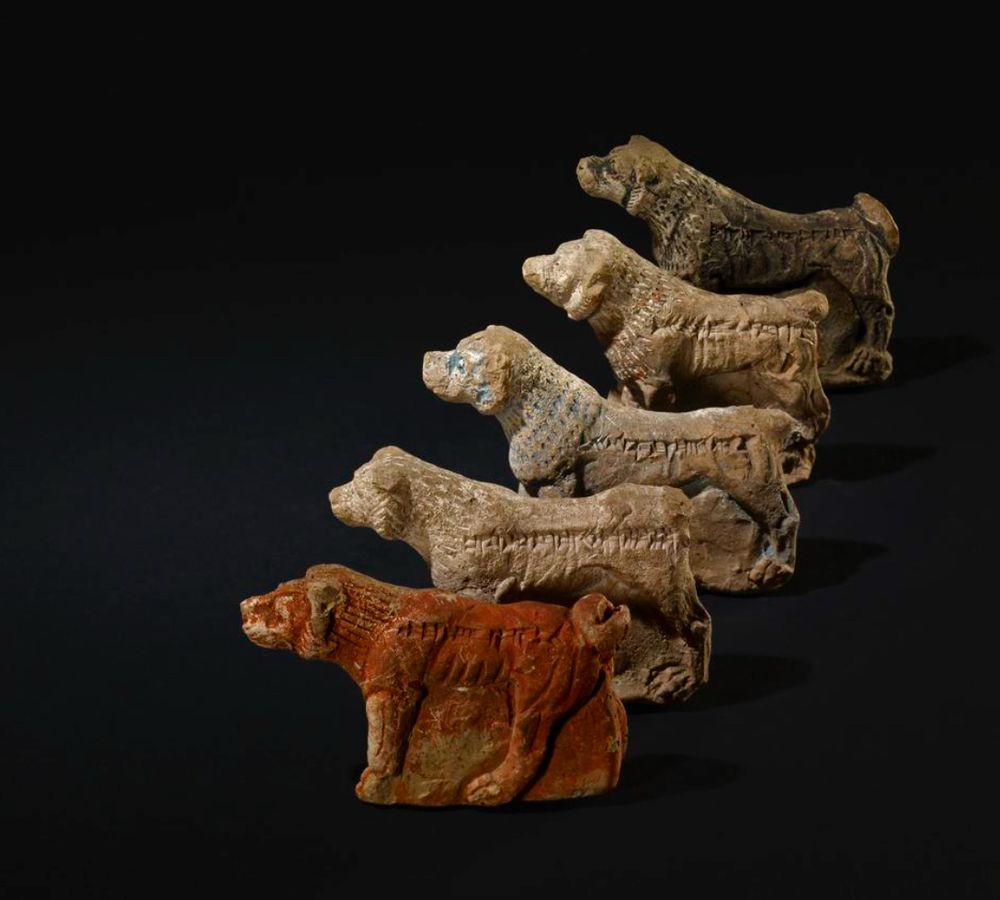
Here's hoping for a happy February!
01.02.2025 09:04 — 👍 49 🔁 6 💬 0 📌 0@estev1e.bsky.social
urbs antiqua fuit 21, she/her, i 💛 cicero

Here's hoping for a happy February!
01.02.2025 09:04 — 👍 49 🔁 6 💬 0 📌 0PHARSALIA NOSTRA VIVET!!!!!!!
31.01.2025 13:50 — 👍 0 🔁 0 💬 0 📌 0
#FrescoFriday - An absolute corker of a Roman fresco with this panel showing the myth of Admetus and Alcestis: likely from the Augusteum at Herculaneum, discovered 25 November 1739. What dazzling details! #Archaeology #AncientBluesky 🏺
Image: National Archaeological Museum, Naples (9027)

Some reading for the current mood. It pays to be vigilant and speak clearly about your stance on these issues within our discipline and beyond.
www.workingclassicists.com/zine/the-ant...

a spilled pile of candy in the corner of an art gallery

"Untitled" (Portrait of Ross in L.A.) is a 1991 piece by Felix Gonzalez-Torres in the collection of the Art Institute of Chicago. It's a spilled pile of candy. The pile of candy consists of commercially available, shiny wrapped confections. The physical form of the work changes depending on the way it is installed. The work ideally weighs 175 pounds (161 kg) at installation, which is the average body weight of an adult male. "Untitled" (Portrait of Ross in L.A.) represents a specific body, that of Ross Laycock, Gonzalez-Torres' partner who died of AIDS in 1991. This piece of art serves as an "allegorical portrait," of Laycock's life. Visitors are invited to take a piece of candy from the work. Gonzalez-Torres grew up Roman Catholic and taking candy is a symbolic act of communion, but instead of taking a piece of Christ, the participant partakes of the "sweetness" of Ross. As the patrons take candy, they are participants in the art. Each piece of candy consumed is like the illness that ate away at Ross's body.
thinking again of this work of art. this work of shattering grief, of enduring love. a work that is somehow, at the same time, a kind of magical play
29.01.2025 22:49 — 👍 167 🔁 31 💬 4 📌 4
Since we love the little canine echoes from the past, here’s another lovely one from a dog in ancient Ur.
The cuneiform inscription names king Ur-Nammu who ruled around 2100 BCE.
The accidental paw prints are such a delight 🐾 www.britishmuseum.org/collection/o...

Photo of 5 dog figurines in profile facing to the left in a staggered line. The closest one is reddish, the three in the middle are beige, and the furthest is dark grey. Each one has a cuneiform inscription on their side.
For anyone wondering, some possible dog names have survived from cuneiform sources.
On tiny dog figurines found buried under a palace in Nineveh, Iraq are inscriptions that seem to be names.
dan rigiššu “loud is his bark”
munaššiku gārîšu “biter of his foe”
mušēṣi lemnūti “expeller of evil”
eats them
29.11.2024 01:21 — 👍 0 🔁 0 💬 0 📌 0HEY
29.09.2023 20:38 — 👍 3 🔁 0 💬 0 📌 0